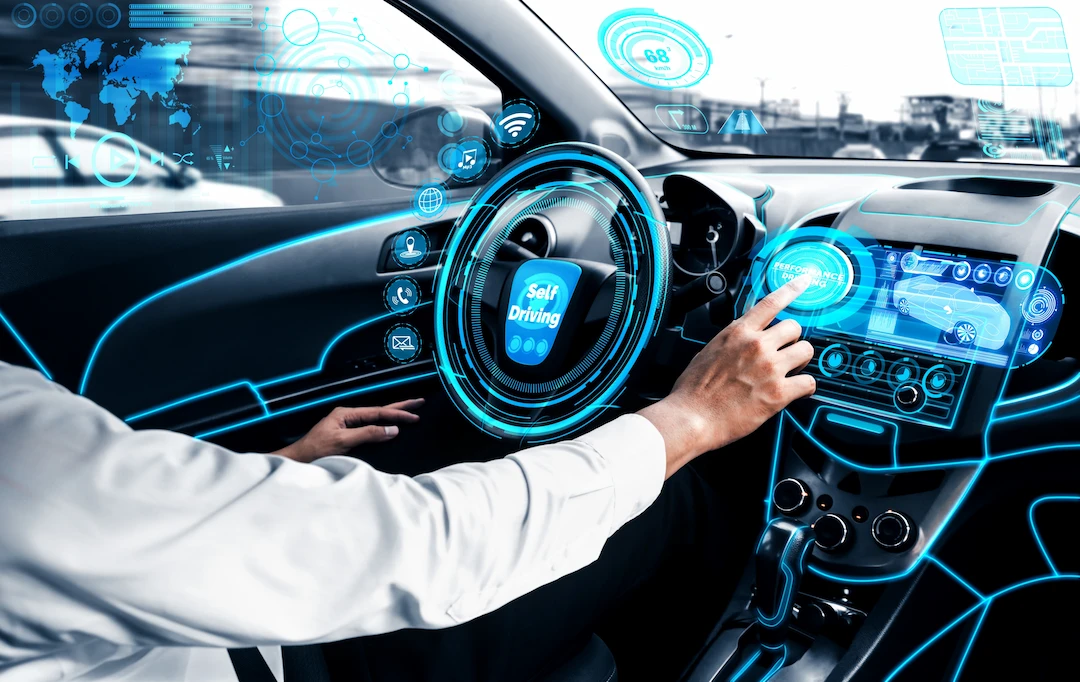- Artificial Intelligence (AI) and Machine Learning:
AI and machine learning technologies continue to evolve and have a significant impact across various industries, enabling advanced automation, predictive analytics, and intelligent decision-making. - Internet of Things (IoT): The IoT is transforming how devices and objects connect and interact, creating a network of interconnected devices that collect and exchange data. This trend is driving innovation in smart homes, cities, healthcare, and industrial applications.
- 5G Technology: The rollout of 5G networks promises faster and more reliable connectivity, enabling high-speed data transmission, and low latency, and supporting the widespread adoption of emerging technologies like autonomous vehicles, smart cities, and immersive experiences.
- Edge Computing: Edge computing brings processing power and data storage closer to the devices and sensors at the network edge. This trend enhances real-time data processing, reduces latency, and enables faster decision-making, making it ideal for applications such as IoT, autonomous vehicles, and augmented reality.
- XR, which encompasses VR, AR, and MR, refers to the immersive technologies that blend the physical and digital worlds. These immersive technologies are revolutionizing industries such as gaming, entertainment, education, healthcare, and retail, offering unique experiences and opportunities for engagement.
- Cybersecurity and Privacy: As technology advances, the need for robust cybersecurity measures and privacy protection becomes crucial. Organizations must prioritize cybersecurity to safeguard sensitive data and infrastructure from cyber threats, ensuring trust and reliability in the digital ecosystem.
- Quantum Computing: Quantum computing has the potential to solve complex problems that are currently beyond the capabilities of traditional computers. This emerging technology has applications in cryptography, optimization, drug discovery, and other areas requiring significant computational power.
- Intelligent Automation: Intelligent automation combines AI, robotic process automation (RPA), and workflow automation to streamline processes, improve efficiency, and reduce human intervention. This trend is transforming industries by automating repetitive tasks, enhancing productivity, and enabling new business models.
- Blockchain Technology: Blockchain offers secure and transparent decentralized systems for various applications, including digital currencies, supply chain management, identity verification, and smart contracts. Its ability to provide trust, transparency, and immutability has significant implications for businesses and industries.
- Green Technology: The focus on sustainability and environmental responsibility drives the adoption of green technologies. This includes renewable energy, energy-efficient systems, circular economy practices, and eco-friendly manufacturing processes, contributing to a more sustainable and greener future.
It’s important to note that technology trends evolve rapidly, and the landscape can change significantly. Staying informed and continuously adapting to emerging trends is essential for organizations to remain competitive and capitalize on new opportunities.









